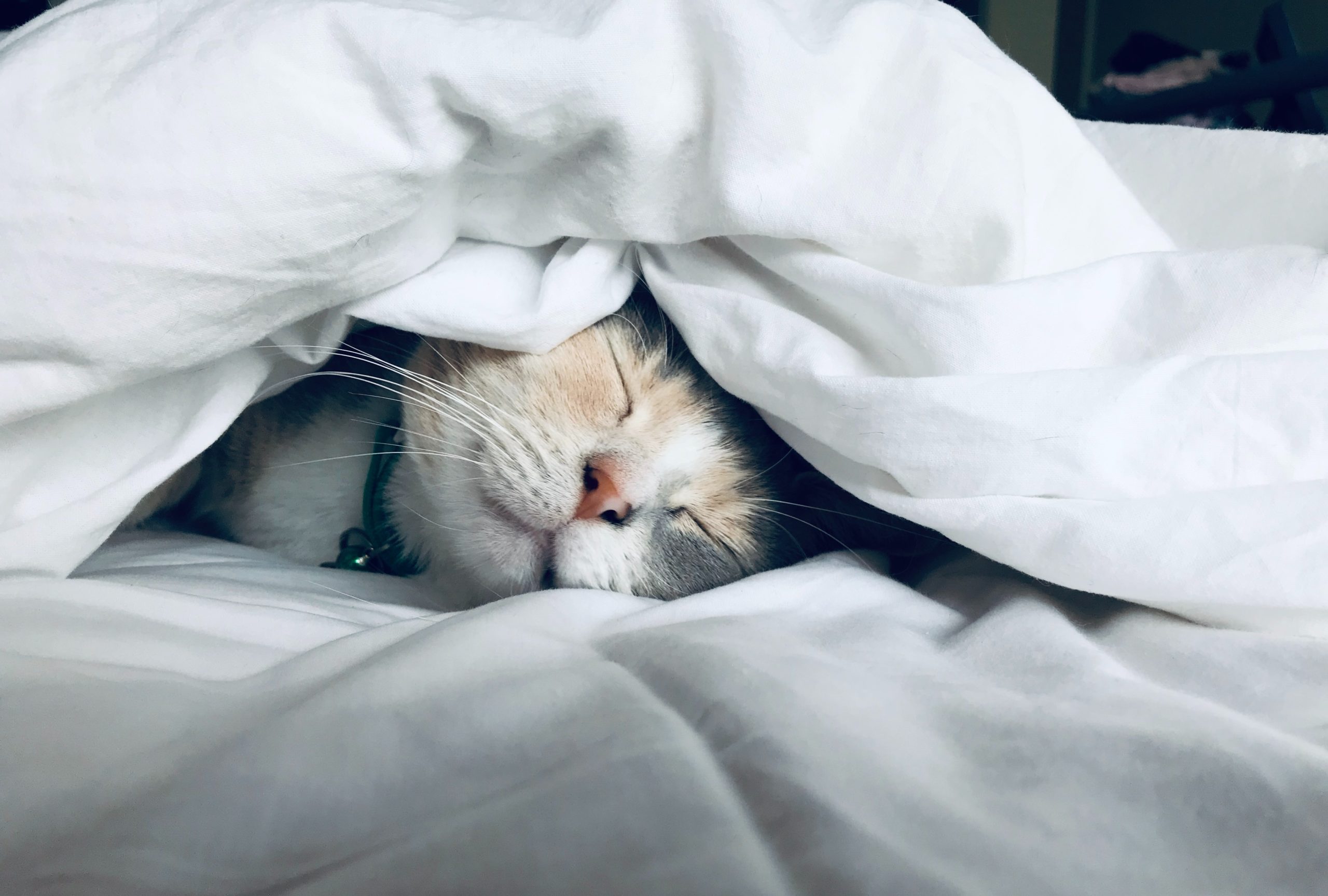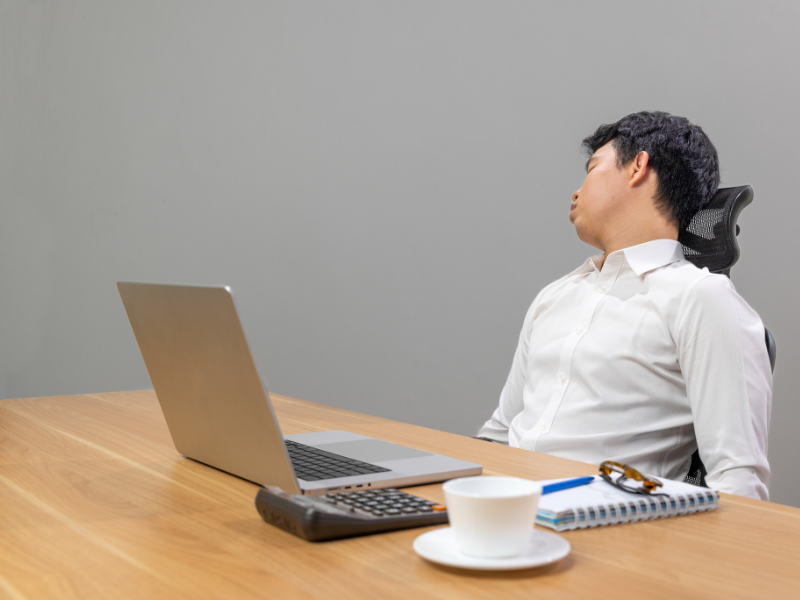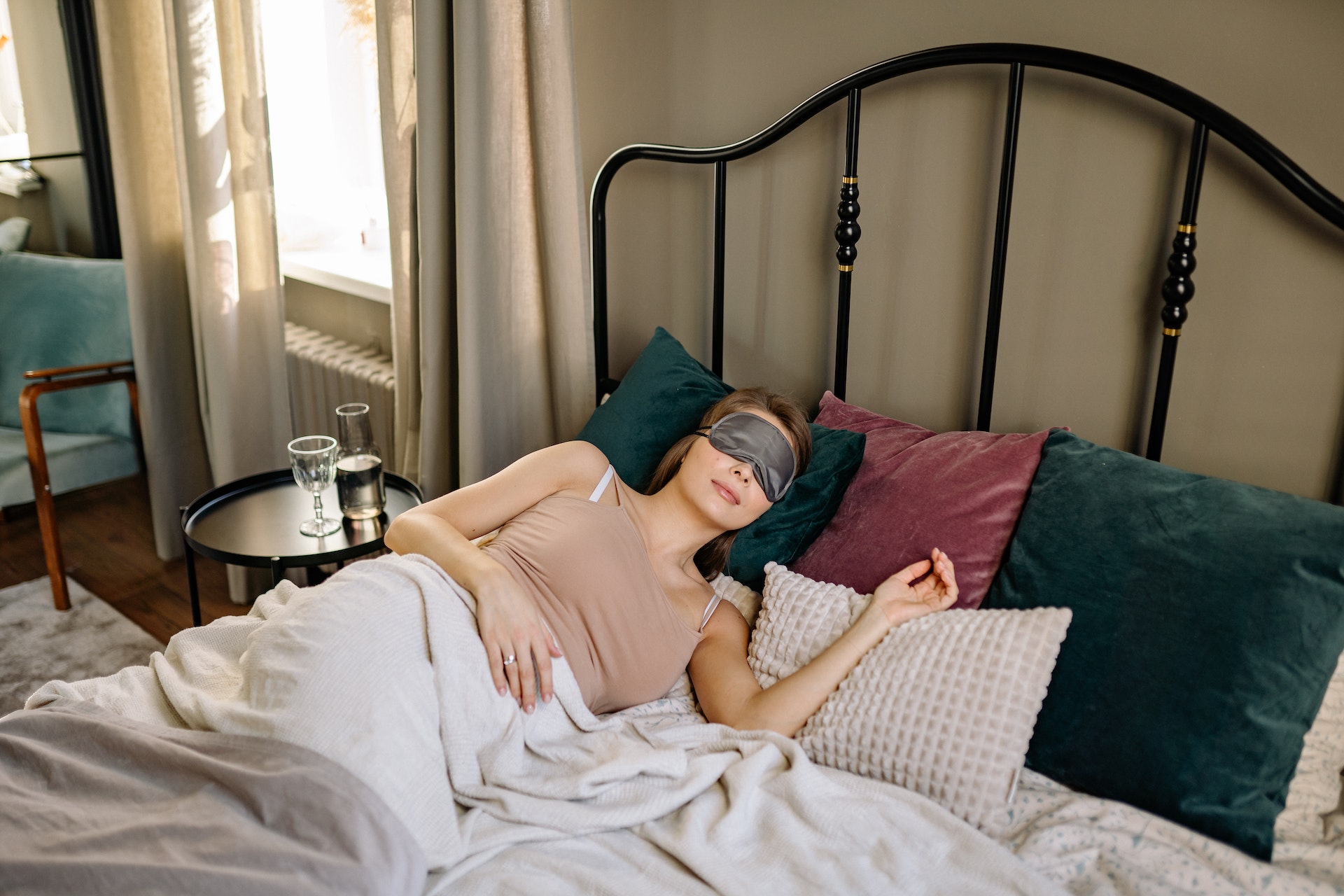The Effects of Caffeine on Sleep: What You Need to Know

Caffeine is everywhere. From that first sip of coffee in the morning to the energy drink you grab for an afternoon boost, it has become a staple in many people’s daily routines. While it can provide a temporary lift and enhance focus, there’s a flip side to this popular stimulant—one that often gets overlooked. Have you ever wondered how caffeine impacts your sleep?
As we dive into the world of caffeine, it’s essential to understand its effects on our bodies and sleep cycles. With more people struggling with sleepless nights than ever before, recognizing what lurks behind your favorite cup could be key to better rest and rejuvenation. So let’s explore how caffeine shapes our lives and learn how we can strike the perfect balance between alertness during the day and restful slumber at night.
Caffeine and its prevalence in society
Caffeine is the world’s most widely consumed psychoactive substance. It can be found in coffee, tea, soft drinks, and even chocolate. Its popularity spans cultures and continents.
In many societies, starting the day with a cup of coffee has become a cherished ritual. Cafés are bustling hubs where social interactions thrive over lattes and espressos.
Beyond mere enjoyment, caffeine plays a role in productivity. Many people rely on it to power through long workdays or study sessions. The convenience of energy drinks adds another layer to this dependency.
However, its prevalence raises questions about our relationship with energy-boosting substances. Are we genuinely relying on caffeine for enhancement? Or have we turned it into an indispensable crutch? This dynamic shapes not just individual habits but societal expectations surrounding performance and alertness as well.
How caffeine affects the body and sleep cycle
Caffeine is a powerful stimulant that primarily affects the central nervous system. When consumed, it blocks adenosine receptors in the brain. Adenosine is a neurotransmitter that promotes sleepiness, so blocking it helps you feel more awake and alert.
This interference with natural processes has a direct impact on your sleep cycle. Normally, as night approaches, adenosine levels rise, making you increasingly drowsy. Caffeine disrupts this buildup, leading to difficulties falling asleep.
Moreover, caffeine can alter your REM sleep patterns. This stage of sleep is crucial for memory consolidation and emotional regulation. If caffeine lingers in your system too close to bedtime, you might miss out on these restorative benefits.
The half-life of caffeine varies from person to person but can be anywhere from three to five hours—meaning it stays longer than many realize or account for during their evening routine.
The recommended daily intake of caffeine
The recommended daily intake of caffeine varies based on individual factors. Generally, health experts suggest that up to 400 milligrams is safe for most adults. This amount typically equates to about four 8-ounce cups of brewed coffee.
However, sensitivity to caffeine can differ greatly among individuals. Some may feel jittery after just one cup, while others might handle more without any effects.
Pregnant women and those with certain health conditions should limit their intake even further—around 200 milligrams a day is often advised in these cases.
It’s essential to listen to your body and understand how it reacts to caffeine consumption. Keeping track of daily intake can help you maintain a balance between enjoying your favorite caffeinated drinks and safeguarding your sleep quality.
The negative effects of excessive caffeine consumption on sleep
Excessive caffeine consumption can wreak havoc on your sleep patterns. It’s a stimulant that can keep you wide awake, even when all you want is to drift off into dreamland.
When consumed in large amounts or too close to bedtime, it disrupts the natural rhythm of your body. This interference leads to difficulty falling asleep and staying asleep through the night.
In addition to shorter sleep duration, high caffeine intake can also diminish sleep quality. You might find yourself waking up frequently or feeling restless as you toss and turn.
Moreover, chronic overconsumption may contribute to increased anxiety levels and elevate stress hormones—factors that further complicate restful sleep. The cycle continues as poor rest makes us crave more caffeine just to function during the day.
Rethinking those extra cups could lead you toward better nights filled with restorative slumber.
Tips for reducing caffeine intake and improving sleep quality
Reducing caffeine intake doesn’t have to be daunting. Start by tracking your current consumption. This awareness will help identify where you can cut back.
Gradually decrease the amount of coffee or tea you drink each day instead of going cold turkey. Swap one cup for herbal tea or decaf versions to ease the transition.
Consider setting a cutoff time in the afternoon, like 2 PM, for caffeinated beverages. This allows your body ample time to wind down before bedtime.
Stay hydrated with water throughout the day; dehydration can sometimes masquerade as fatigue.
Incorporate relaxation techniques into your evening routine. Gentle yoga, meditation, or reading can signal your body that it’s time to rest without needing that extra boost from caffeine.
Listening to soothing music may further enhance sleepiness and create a calming environment free from stimulating substances.
Alternative ways to boost energy without relying on caffeine
If you’re looking to recharge without caffeine, there are plenty of natural alternatives. One effective way is through regular exercise. Even a brisk 10-minute walk can elevate your energy levels and improve mood.
Hydration plays a crucial role as well. Dehydration can lead to fatigue, so sipping water throughout the day keeps you alert and focused.
Consider incorporating short breaks into your routine. Stepping away from tasks for just a few minutes helps clear your mind and boosts productivity.
Eating small, nutritious snacks—like nuts or fruit—can provide sustained energy while keeping hunger at bay. The right foods fuel both body and brain.
Deep breathing exercises or meditation can refresh your mind, reducing stress and enhancing clarity. These techniques help rejuvenate you without reaching for that coffee cup again!
Finding a balance between caffeine and quality sleep
Finding a balance between caffeine and quality sleep is essential for overall well-being. Caffeine can be a useful tool when used wisely, helping to enhance focus and energy levels during the day. However, it’s crucial to recognize its potential drawbacks, particularly regarding sleep.
Monitor your caffeine intake throughout the day. A good rule of thumb is to avoid consuming caffeine in the late afternoon or evening. This simple adjustment can make a significant difference in how quickly you fall asleep and the quality of your rest.
Remember that everyone reacts differently to caffeine; what works for one person may not work for another. Pay attention to how your body responds after consuming caffeinated beverages or foods, then adjust accordingly.
Consider integrating mindful habits into your daily routine as well. Techniques such as meditation or light stretching can help ease tension and prepare your mind for restful slumber while minimizing reliance on stimulants like coffee or energy drinks.
By making small adjustments, you can enjoy the benefits of caffeine without sacrificing precious hours of restorative sleep. Finding this delicate balance will ultimately lead you towards greater productivity and improved health over time.









